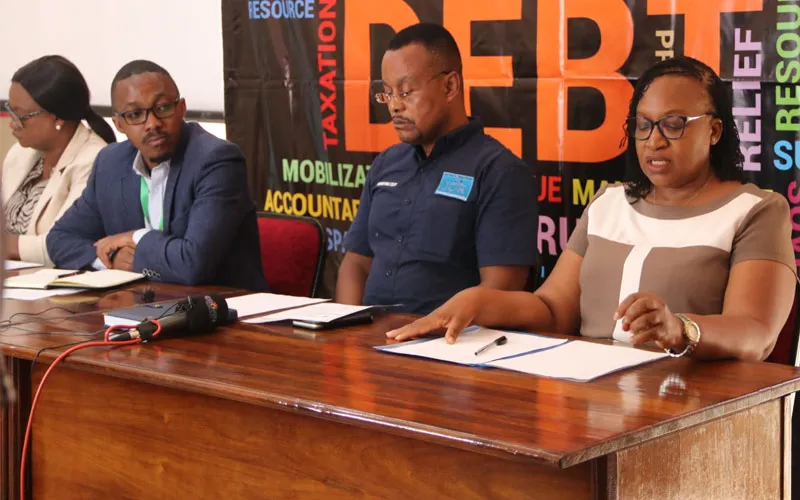Lusaka, 17 September, 2022 / 9:30 pm (ACI Africa).
Officials of the Civil Society Organization (CSO) Debt Alliance in Zambia are calling on the government of the Southern African nation to enhance transparency and accountability when putting to use the International Monetary Fund (IMF) loan.
On August 31, the IMF approved a US$ 1.3 billion Extended Credit Facility (ECF) to Zambia aimed at restoring the country’s macroeconomic stability and promote economic growth after it defaulted on its external debt in 2020.
In a statement published Wednesday, September 7, officials of the alliance say that while the ECF program is capable of restoring Zambia’s ability to meet its current and future arrears and foster higher and inclusive growth, there is need to institute measures “to ensure smooth navigation of the debt restructuring process and subsequent measures for economic turn-around.”
“We implore the government to commit to enhancing transparency and accountability in the usage of the resources that will come with this program,” they say in the statement signed by the CSO Debt Alliance chairperson, Fr. Alex Muyebe, who doubles as the Executive Director of the Lusaka-based Jesuit Centre for Theological Reflection (JCTR).
They say in the three-year period that the ECF program will be active, the government of Zambia needs to work “on promoting access to information on the utilization of these resources”.








